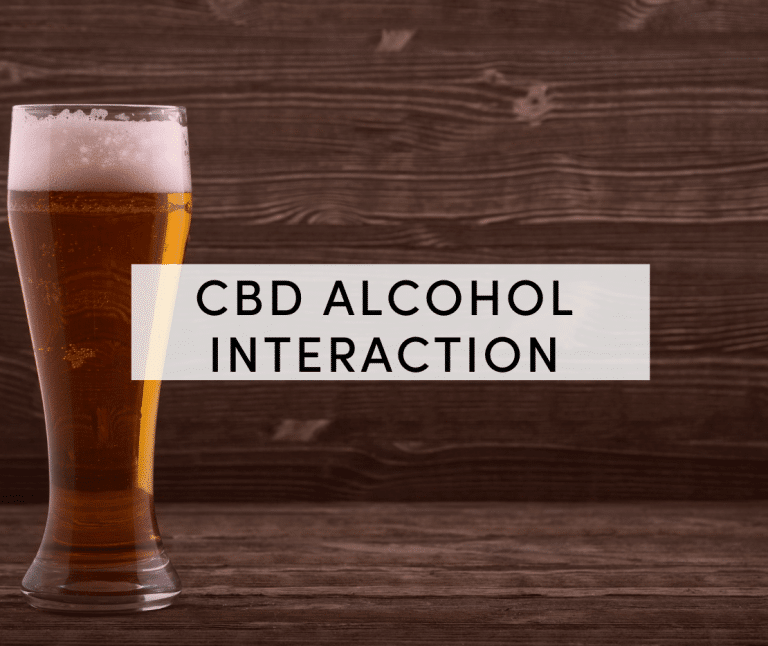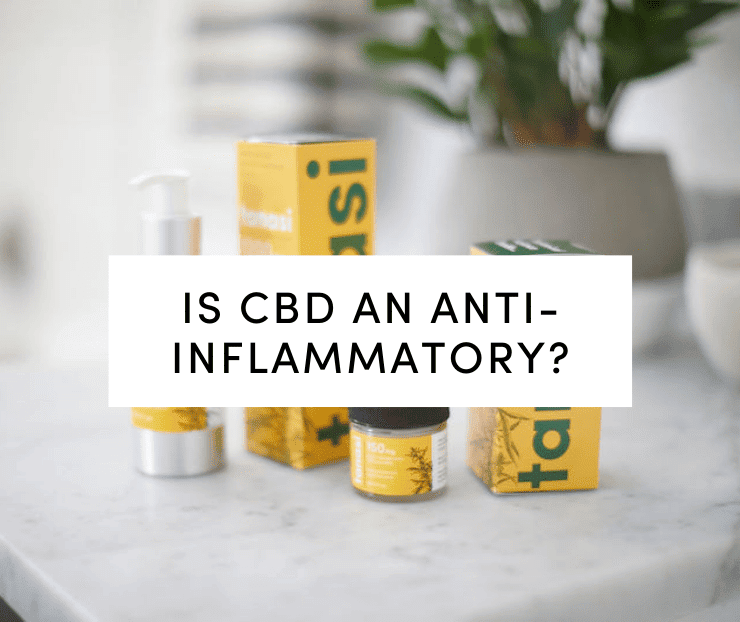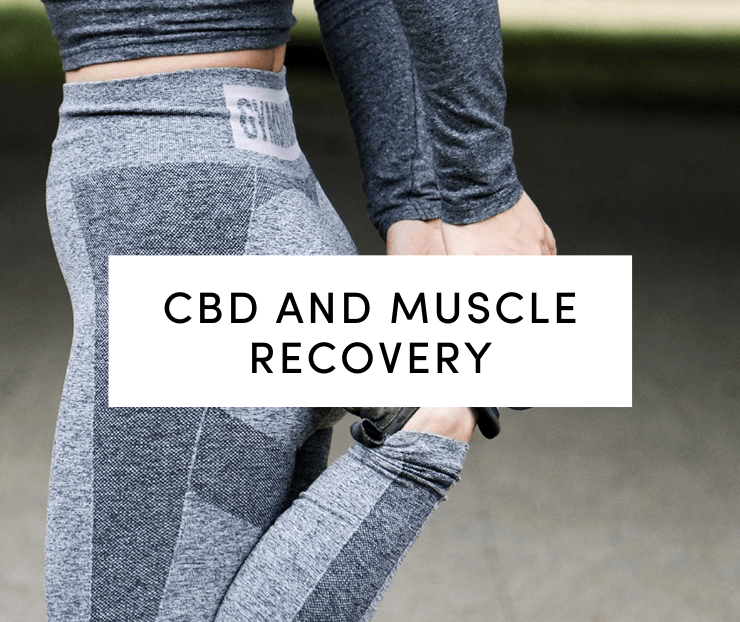CBD Alcohol Interaction: Do These Two Play Well Together?

Posted on April 15th, 2021
Alcohol is a socially acceptable substance that we use to relax, celebrate, and when we are feeling down. However, just like most substances that make us feel good, there are downsides to alcohol use. Anyone who has ever experienced a hangover knows just what that means. Consuming too much alcohol is dangerous and can lead to severe liver damage and in some cases, death. It can also result in dependency or addiction. The risks and dangers of alcohol are much higher than many people understand. CBD is another substance people use to relax. If you are curious about using the two simultaneously, you may wonder what a CBD alcohol interaction feels like. Is it safe? Is it advisable? Let’s dive into alcohol, CBD, and how they interact.
CBD Alcohol Interaction
Alcohol
Alcohol is a drug that acts as a nervous system depressant. The alcohol that we consume in our beverages is called ethyl alcohol or ethanol. Brewers and distillers make it through a process of fermenting sugars from fruit or vegetables. The chemical composition of ethyl alcohol is C2H5OH. This means that it is made up of 2 carbon atoms (C2), 5 Hydrogen atoms (H5) and one hydroxyl group (-OH). It is this hydroxyl group that makes alcohol soluble in water and therefore easy to consume in beverages. The small molecular structure is what makes it possible for the ethanol to diffuse throughout the body.
 Effects of Alcohol
Effects of Alcohol
Again, alcohol is a nervous system depressant. This does not mean that it makes you depressed. In fact, the opposite is true and it can make you quite happy. A nervous system depressant has a sedative or tranquilizing effect which slows brain activity.
This slowing of brain activity results in most of the negative effects of alcohol because it slows the messages that travel between the brain and the body. This affects the way you think and therefore the way you act. The effects that alcohol has depends on a number of different factors. Each individual may react differently depending on how much they have consumed. These factors include:
– Age
– Gender
– Body weight and muscle mass
– Physical and mental health
– Tolerance for alcohol
Blood Alcohol Content
People with greater muscle mass and body weight may tolerate alcohol better whereas a slim person may become inebriated (drunk) faster. Younger people will feel the effects faster than older people who are used to drinking. Below are the effects a person of average age, weight and tolerance according to their BAC (blood alcohol concentration) can expect. BAC is the standard that is used to determine the percentage of alcohol in the blood and therefore the effect it has on a person.
– BAC less than 0.05% will have a relaxing and happy effect. You may also feel more confident and talkative.
– BAC between 0.05 and 0.08 leads to lower inhibition and impaired judgment or poor decision-making. Your reactions and movements may also be slower.
– BAC between 0.08 and 0.15 may result in mood swings and may cause aggression. You may slur your speech and have trouble with balance and coordination. Vision problems (like seeing double) and slowed reflexes can result. You may also start to feel nauseous and vomit as your body attempts to expel the toxic alcohol from your body.
– BAC between 0.15 and 0.3 will result in stumbling and falling over or passing out. You may also have problems remembering and have a blackout of the period the next day. There may also be loss of control of your bladder and difficulty breathing. This is the stage at which alcohol toxicity or poisoning starts to set in.
– BAC exceeding 0.3% can lead to coma and may be fatal without immediate medical attention. Death as a result of alcohol poisoning is most often due to respiratory failure.
The potential danger of alcohol is what leads people to wonder if they could have an adverse CBD alcohol interaction.
Side Effects of Alcohol Consumption
The liver is the organ which processes alcohol. Over consumption of alcohol or long-term alcohol abuse can result in cirrhosis of the liver (hardening of the liver). This means that the liver can no longer function properly and will eventually lead to liver failure. Alcohol also has a negative impact on the kidneys and affects their ability to filter the blood effectively.
Alcohol acts as a diuretic which means that it leads to excessive urination. This basically means that you need to go to the toilet more often. This leads to dehydration and the loss of electrolytes (sodium, potassium, magnesium, etc.). An electrolyte imbalance can result in a wide range of side-effects including dry mouth, headaches, muscles spasm and cramps and also negatively affects the kidneys. These symptoms usually set in a few hours after consuming alcohol and can last a day or longer. This is what people call a hangover. Long-term alcohol abuse (alcoholism) can eventually lead to mass organ failure.
Alcohol And Self-Medication
Because alcohol makes us feel happy and relaxed, many people who suffer from mental health disorders like depression and anxiety use the substance to help them cope with their emotions. This is called self-medicating and can lead to alcohol abuse, dependence and addiction. Self-medication often leads to needing more and more alcohol to achieve the numbing effects. This is where CBD comes in. CBD can also ease anxiety, but with almost zero side effects or risk of addiction. Perhaps a CBD alcohol interaction could mean a decrease in alcohol consumption. Let’s continue on to some CBD information.
What Is CBD?
CBD or cannabidiol is a cannabinoid which is present in the cannabis plant. It interacts with the cannabinoid receptors that form part of the endocannabinoid system in the body. The endocannabinoid system is responsible for regulating a variety of different bodily functions.
CBD interacts mainly with the CB-2 receptors in the gastrointestinal tract (gut) and throughout the immune system. This interaction can either illicit or inhibit a response from the immune system. It also excites or inhibits the release of other chemicals in the body like neurotransmitters and hormones to regulate other functions. It is this interaction with the endocannabinoid system that is responsible for CBD’s potential health benefits.
 Effects of CBD
Effects of CBD
Many people praise CBD for delivering perceived health benefits including:
– Reducing pain and inflammation
– Treating nausea and vomiting
– Anti-seizure
– Treating anxiety and depression
– Reducing acne
– Assisting in drug and alcohol rehabilitation
The negative side-effects of CBD may include:
– Dry mouth
– Diarrhea
– Drowsiness or fatigue
– Lack of appetite
These side effects are rare and mild when they occur. However, CBD may interact with certain medications. If you have a pre-existing health condition or are taking chronic medication, you should consult a doctor before using CBD. Even the risk of a negative CBD alcohol interaction is reason enough to talk to your doctor.
Can CBD Get You High?
Because CBD comes from the cannabis plant, people often think it is similar to marijuana. However, another cannabinoid, THC (tetrahydrocannabinol), is responsible for the psychoactive properties of the marijuana plant.
CBD cannot get you high. CBD products that are federally legal come from the hemp plant. This means they contain anywhere from zero to 0.3% THC. The government considers this trace amount of THC negligible and cannot get you high.
Is CBD A Vasodilator?
A vasodilator is a substance that relaxes and widens arteries and vein walls. This prevents arteries from constricting, allowing for better blood flow and circulation. Studies have found CBD to be an effective vasodilator and may therefore be beneficial in the treatment of heart and artery disease.
CBD Alcohol Interaction
A CBD alcohol interaction refers to the way in which CBD affects the body when you also consume alcohol. However, it can also refer to the way in which CBD acts to protect the body against the damaging effects of alcohol.
Combining CBD and Alcohol
Just like alcohol, CBD has a calming and relaxing effect on the mind and the body. It may even cause some drowsiness. Because both CBD and alcohol can make you sleepy, taking the two together can intensify drowsiness and have a sedative effect. If you are going to take CBD with an alcoholic beverage, it is best to do so shortly before bed time.
However, the CBD alcohol interaction can also be beneficial. Studies have found that CBD protects against cell damage that results from alcohol consumption. This is good news for the liver where most of the damage occurs from alcohol abuse. Liver damage can result from either binge drinking or long-term alcohol abuse (alcoholism).
CBD Alcohol Interaction: Withdrawals
Research is finding that CBD has potential for reducing withdrawal symptoms from drug and alcohol dependence. Withdrawal symptoms from alcohol addiction can be extremely severe making it very difficult to endure.
One of the major withdrawal symptoms is nausea and vomiting. CBD is quite effective at alleviating nausea and vomiting. CBD also works on the reward or pleasure center of the brain by interacting with the endocannabinoid system. This interaction simulates and therefore acts as a replacement for the reward driven dependency on alcohol. CBD can therefore assist in reducing the emotional withdrawal symptoms from alcohol dependence. This in turn plays an important role in preventing relapse.






